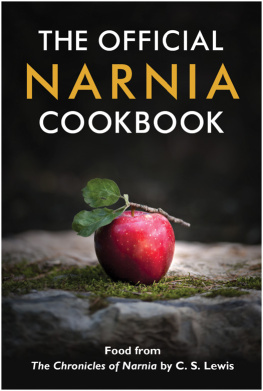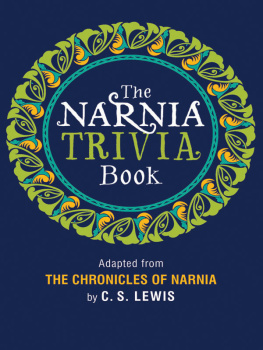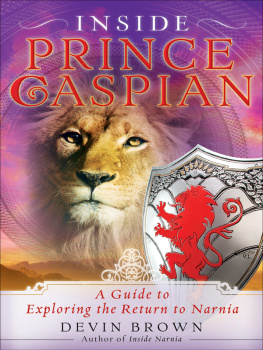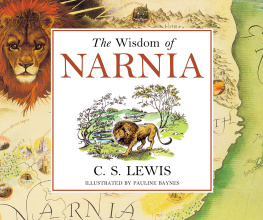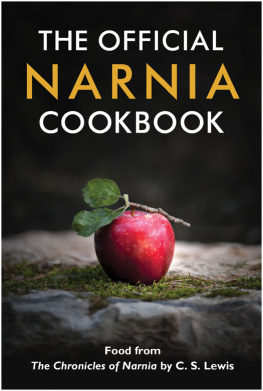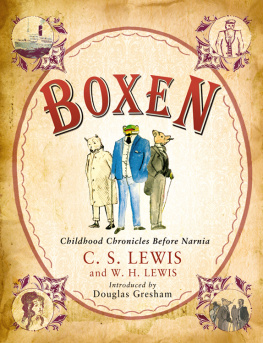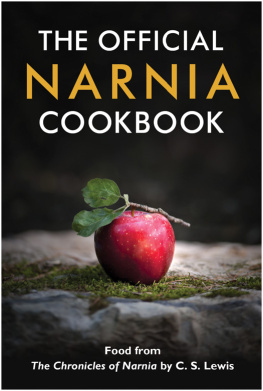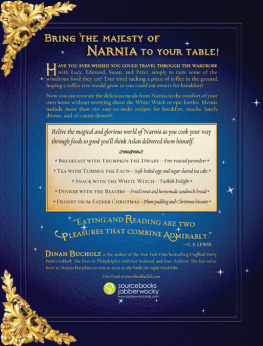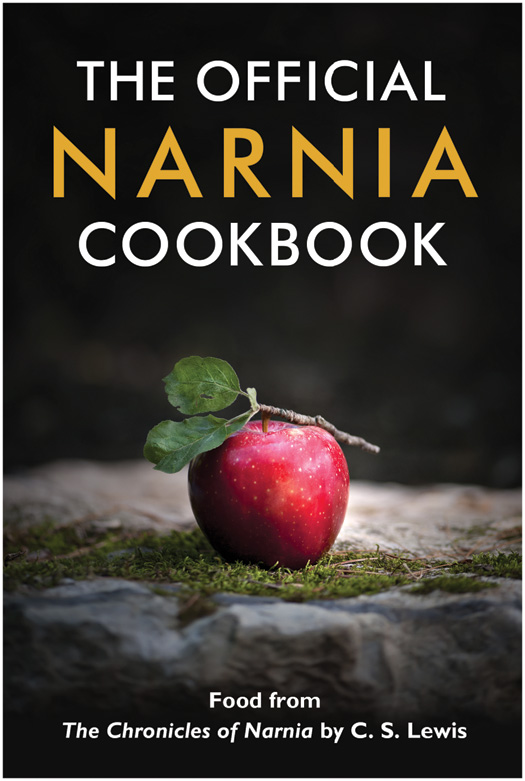W hen you work in the kitchen, it is important to be very careful not to cut or burn yourself. You may need the help of an adult to prepare many of the foods in this book, especially if you are going to use a sharp knife and electrical appliances, and work with a hot stove or oven. Be sure an adult is present with you at all times when you are in the kitchen, ready to cook these wonderful recipes. By following some simple rules, you will be able to work safely and have fun!
If you have long hair, tie it back, and roll up long sleeves carefully.
Ask an adult for help when using sharp knives or shears and appliances such as electric mixers, blenders, can openers, etc.
Pick up knives by the handle, never by the blade.
Always have an adult handle hot or boiling liquids. Do not fry foods yourself.
Use heavy pot holders for handling hot pots and pans on the stove and baking dishes from the oven.
Never leave the stove unattended.
Be sure to ask an adult to light an oven for you, if it is not self-starting.
Do not ever light matches yourself!
Be sure to turn off electric appliances such as mixers or blenders before taking the lids off.
Never place any electrical item in water.
Use a plastic cutting board to cut up raw poultry, meat, or fish. Wash the board with hot soapy water after every use and before using it with another type of food.
Never put cooked poultry, fish, or meat on the same board or in the same container that held the raw meat, unless you have washed the container well first.
Dont use cracked or dirty eggs. They may have been contaminated with harmful bacteria. Be sure to wash your hands, the equipment, and the countertop after working with eggs. Avoid eating raw eggs.
Keep hot foods hot. Raw eggs, fish, poultry, and meat must be cooked well to kill harmful bacteria. If you have leftovers, put them into covered containers and refrigerate or freeze them as soon as possible.
Keep cold foods cold. Foods that are meant to be refrigerated should be cold when you touch them. Frozen foods should be extremely cold and hard as a rock. Thaw foods in the refrigerator, not on the countertop.

CONTENTS
T his cookbook is about more than just cooking or food. Its about Narnia and Jack (C. S. Lewis), the man who wrote The Chronicles of Narnia, and food and you and me. But mostly its about Narnia, food, and fun.
Jack was born in Belfast, Ireland, in 1898. When Jack was a boy, Belfast was an unhealthy place to live and his parents were very careful about not letting him and his older brother, Warnie, get cold and wet, so the boys spent a lot of time indoors. As a result, Jack became quite interested in what went on in the kitchen. Jacks mother, Flora, used a book already famous in those days called The Book of Household Management, by Mrs. Isabella Beeton, that contained several thousand recipes; and many of Jacks favorite dishes originally came from this book. Many years later it was Jack himself who showed me how to cook things like grilled kippers (smoked herring), which he had learned from watching the cook in Belfast all those years before.
Many of the foods Jack preferred might be considered old-fashioned in todays world. In the days of his youth, many of the ingredients available were fresher than those available today. There were no supermarkets or freezers or even refrigerators, and things like meat, dairy products, fish, and bread were brought to the house each day by the butchers, milkmen, fishmongers, and bakers (although many people made their own bread at home). Vegetables were often grown at home in kitchen gardens just as they are in Narnia, or if you lived in a town, they were often delivered by a greengrocer. Old-fashioned foods like those preferred in Narnia are some of the very best-tasting foods, and quite often the most nutritious as well. Remember that in those days, as in Narnia to this day, there were no prepackaged foods or processed foods, no chemicals were added, and no artificial fertilizers or pesticides were used in growing foods. Fruit and vegetables might not have looked as beautiful as they do today, but they tasted better. If you have been to Narnia or if you grow your own vegetables at home, or if you have relatives or friends who have their own gardens, you will know the difference in taste between those and the ones from the supermarket. Free-range eggs are another example. They are rich-tasting, richly colored eggs, which are always better than those produced in factory farms.
Back in Jacks day and also in Narnia, profit was not as important as people think it to be here in this world. Pride in ones work or products played a much higher role in the way people did things. For example, a man who sold bacon and ham in those days would go to a great deal of trouble to ensure that his products were the very best they could possibly be. He would mix up his own special recipe of pickling brine, a mixture of salt, water, sometimes molasses and sugar, a little saltpeter, and his own secret herbs and spices. It was very important to get the brine absolutely right. He would then cure the bacon in the brine for ten days or so (depending on the weather), and then smoke it in his own smokehouse, having carefully chosen the best wood for his smoke-fire. In England or Ireland, this would be good dry oak; in America it would be hickory. In Narnia the dwarfs make the most delicious bacon. People everywhere went to immense trouble and took great pride in their products.
Jack liked good food and good company. He enjoyed nothing more than a fine dinner in the company of people whom he liked and respected and with whom he could enjoy good conversation. As a fellow of a college at Oxford, Jack was greatly privileged to be able to dine in hall at the college. There he would partake of the excellent cooking that the college provided, while surrounded by academics and learned men, many of whom were great conversationalists.
At his home in Oxford, for many years Jack ate very simple foods. But when he married my mother late in his life, soon his meals rivaled any of his old colleges. My mother was such an excellent cook, her meals might have been fine enough to grace the tables at Cair Paravel.
Its often said that you are what you eat, which perhaps is a bit of a stretch of the imagination. But it is true that you can find out quite a lot about people by observing what they eat. Now, in Narniathat wonderful, magical placethe foods mentioned are mostly things that Jack himself liked to eat. Of course there are exceptions, like Man Pies and Marsh-wiggle and other things eaten by the evil giants and other nasties, which perhaps it is better not to go into. On the whole, though, Narnian food is utterly delightful.
What we have done in this book is to take a number of the foods mentioned in The Chronicles of Narnia and then devise recipes for preparing them.
As you go through this book and try the recipes, remember that in Narnia there are no electrical appliances, and we have tried to keep the use of blenders and other modern appliances to a minimum. We have also had to substitute for a few things here and there that simply dont exist in our world. Pavenders, for example, are a beautiful salt and freshwater fish found in the rivers and seas of Narnia but not here. We have used salmon instead, which is the most similar fish this world has to offer.
As you cook these recipes, please be very careful to treat the food and the utensils with the respect they deserve, and to watch out for hot things and sharp things. Its no fun cooking if you or somebody else gets hurt. Have fun and eat hearty.

